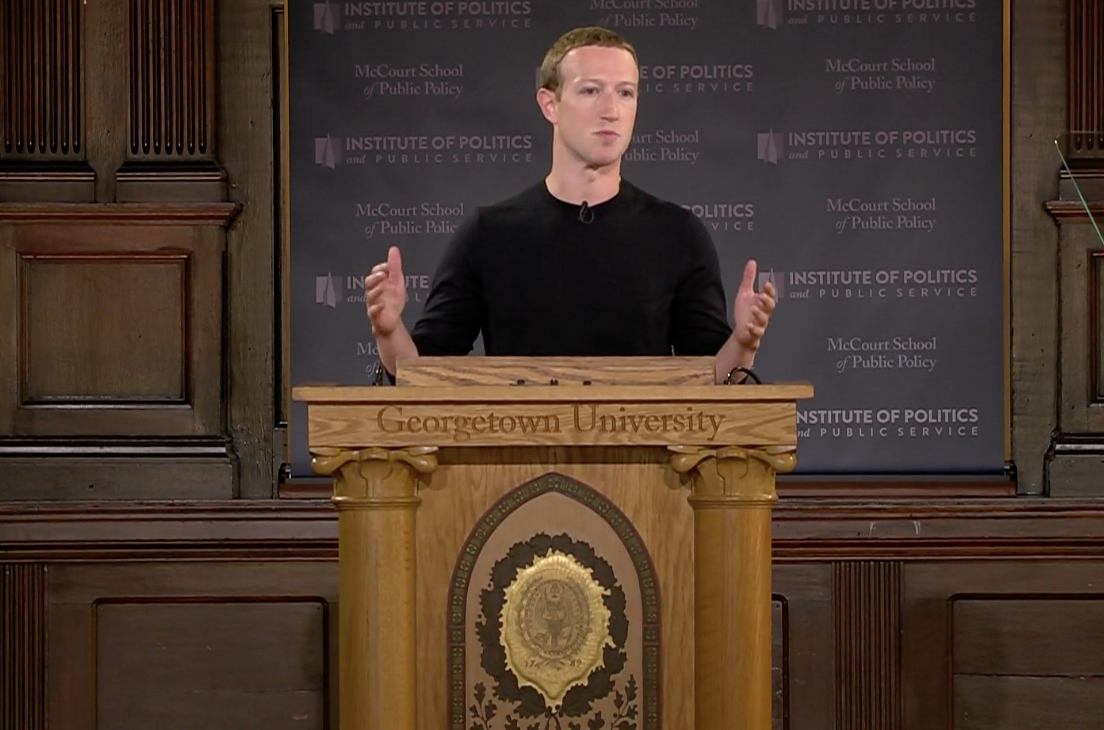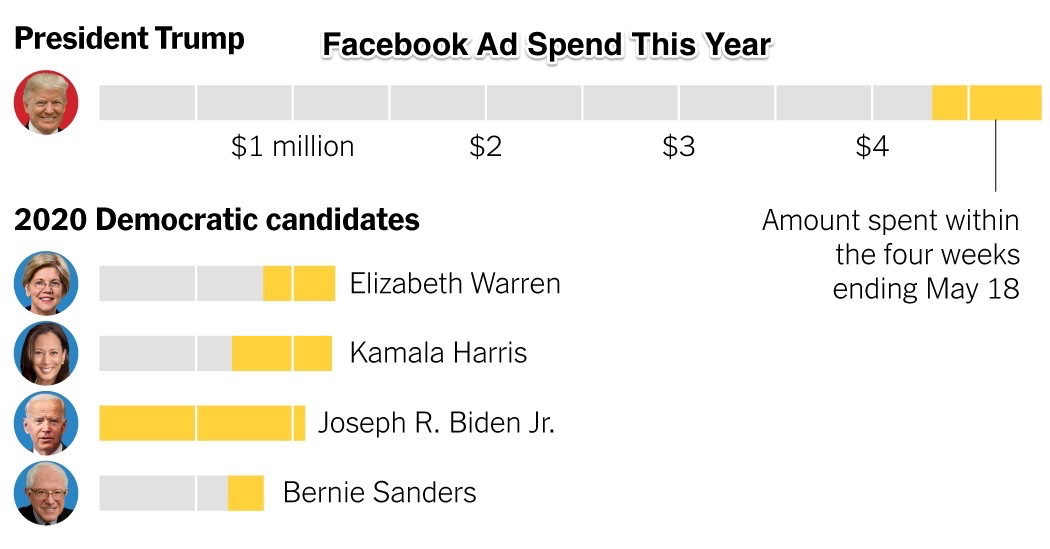Social Media
Zuckerberg on Chinese censorship: Is that the internet we want?

China is exporting its social values, political ads are an important part of free expression, and the definition of dangerous speech must be kept in check, Facebook’s CEO Mark Zuckerberg argued today.
He criticized how American companies that do business with China were becoming influenced by the country’s values. “While our services like WhatsApp are used by protestors and activists everywhere due to strong encryption and privacy practices, on TikTok, the Chinese app growing quickly around the world, mentions of these same protests are censored, even here in the US!” Zuckerberg said. “Is that the Internet that we want?”
Because Facebook couldn’t come to an agreement with Chinese censors and thereby doesn’t operate in the nation, “Now, we have more freedom to speak out and stand up for the values that we believe in and fight for free expression around the world.” While he didn’t mention Apple, the NBA, and Blizzard who are amidst scandals about cowwing to Chinese policy, the shade thrown at them was clear.

Zuckerberg spoke today at Georgetown University and then did a Q&A to share his thoughts on speech and “how we might address the challenges that more voice and the internet introduce, and the major threats to free expression around the world.” He discussed how “We want to the progress of free expression without the tension” leading people to advocate for pulling back on free expression. “Where do you draw the line?”
Zuckerberg says that Facebook now has 35,000 people working on security, and the company’s security budget is higher now than the whole revenue of the company when it IPO’d, which was $5 billion in 2012. Facebook removes or downranks content that is objectively dangerous. Still, he says that he doesn’t want to “let the definition of what is dangerous to expand beyond what’s absolutely necessary.”
On allowing political ads on Facebook even if they carry misinformation, Zuckerberg argues that “political ads can be an important part of voice, especially for local candidates, up and coming challengers and advocacy groups that the media might not otherwise cover. That way they they can get their voice into the debate.” While that may be true, the same system allows whichever group or candidate has the most funding to dominate the narrative.
I recently argued that Facebook should drop all political ads until regulation to prevent their use to spread misinformation was passed. President Trump is spending more than many of his Democratic party rivals combined while using lies about them planning to remove the second amendment to raise money.
Still, Zuckerberg argues, “Banning political ads favors incumbents and whoever the media chooses to cover.” He did not address who spends the most or how Facebook could still offer free expression of candidates to their own followers even if it banned political ads. He essentially drew no distinction between freedom of speech and freedom of reach aka paid amplification through ads. This ignores how President Trump has spent $4.9 million on Facebook ads this year compared to $9.6 million spent by the 23 Democratic candidates combined, and that Trump had outspent them all put together as of March.

Overall, Zuckerberg sounded more passionate and empathetic than in his recent testimonies on Capitol Hill. He seemed to take on some of the cadence and tone of former President Barack Obama, pitching up his voice to stress the urgency of challenges facing democracy. However, the speech format allowed Zuckerberg to avoid immediate pushback on his points, such as why political advertising favors challengers if it’s incumbents with the most money to spend. Zuckerberg did hold a Q&A after his speech, but the stream of that wasn’t broadcast from his Page like the prepared remarks.
Zuckerberg drove home one important theme threaded throughout the talk. He attempted to link the idea of US companies potentially restricting free expression to protect safety and elections with how China censors speech. And while other companies like the NBA and Blizzard that do significant business with the country try to downplay its influence, Zuckerberg spoke up about how the tentacles of China’s values are choking off speech far beyond its borders.
-

 Entertainment7 days ago
Entertainment7 days agoWhat’s new to streaming this week? (Jan. 17, 2025)
-

 Entertainment6 days ago
Entertainment6 days agoExplainer: Age-verification bills for porn and social media
-

 Entertainment6 days ago
Entertainment6 days agoIf TikTok is banned in the U.S., this is what it will look like for everyone else
-

 Entertainment6 days ago
Entertainment6 days ago‘Night Call’ review: A bad day on the job makes for a superb action movie
-

 Entertainment6 days ago
Entertainment6 days agoHow ‘Grand Theft Hamlet’ evolved from lockdown escape to Shakespearean success
-

 Entertainment6 days ago
Entertainment6 days ago‘September 5’ review: a blinkered, noncommittal thriller about an Olympic hostage crisis
-

 Entertainment6 days ago
Entertainment6 days ago‘Back in Action’ review: Cameron Diaz and Jamie Foxx team up for Gen X action-comedy
-

 Entertainment6 days ago
Entertainment6 days ago‘One of Them Days’ review: Keke Palmer and SZA are friendship goals

















